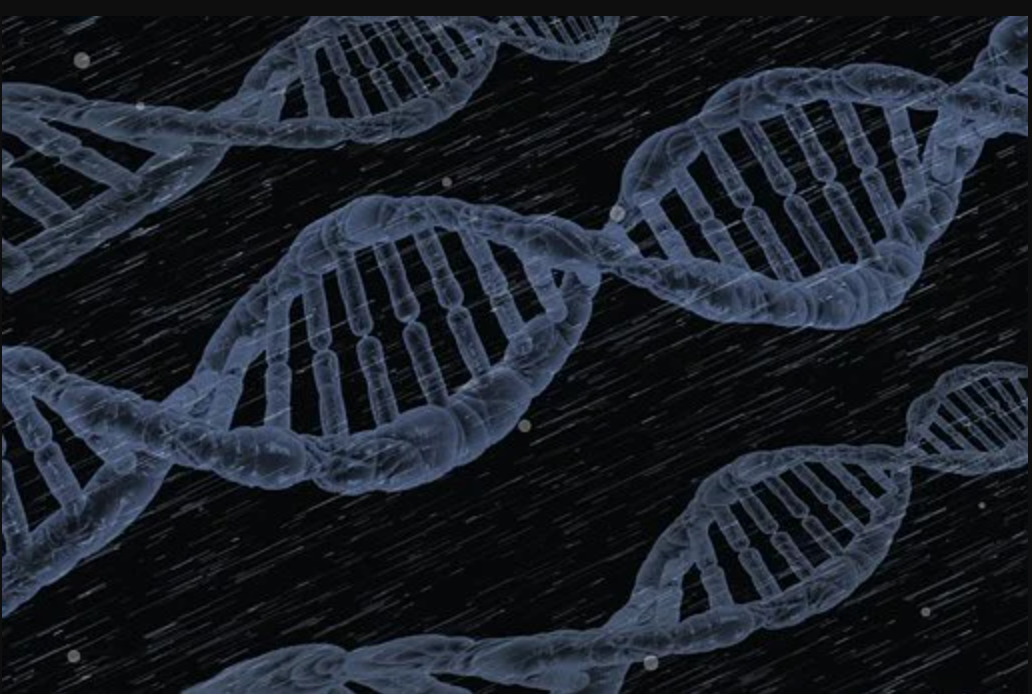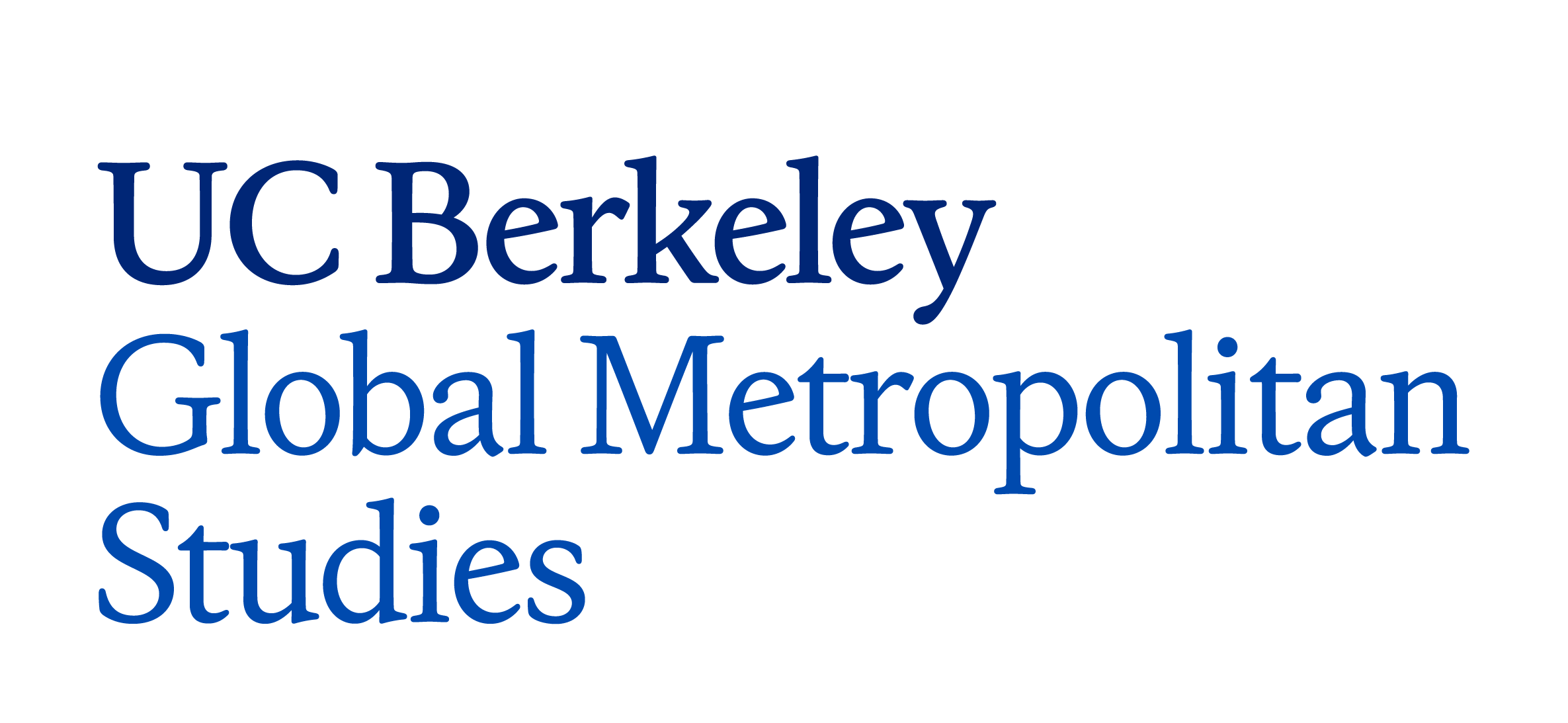The Singapore National Institute of Health (NIH) policy of racialization-as-inclusion in research was a critical factor in the building of Asian DNA databases at Biopolis, an emerging biomedical hub in Singapore. Citing variability in DNA and populations in the Asian region, Singaporean biostatisticians challenge DeCode Genetics of Iceland as an exemplary model of genomic research. They claim that genetic traits among populations in Asia that are relatively new to medical genomics – and being gathered “in the wild” – gain value from being calculated and databased. The infrastructure deploys the ethnic heuristic in different registers. First, the network of ethnicity becomes a supple membrane coextensive with the network of genetic data points. Second, ethnicity is rendered an immutable mobile that circulates databases beyond tiny Singapore, making the infrastructure at once situated, flexible, and expansive. Third, the ethnic signifier carries affective value that enhances a sense of what is at stake in the building, mobilization and implications of such Asian databases. In short the origami-like folding together of multiple, flowable and perfomative data points shapes a unilateral topological space of biomedical “Asia.”
Fungible Life: Ethnicity and Experimentation in Biomedical Asia

